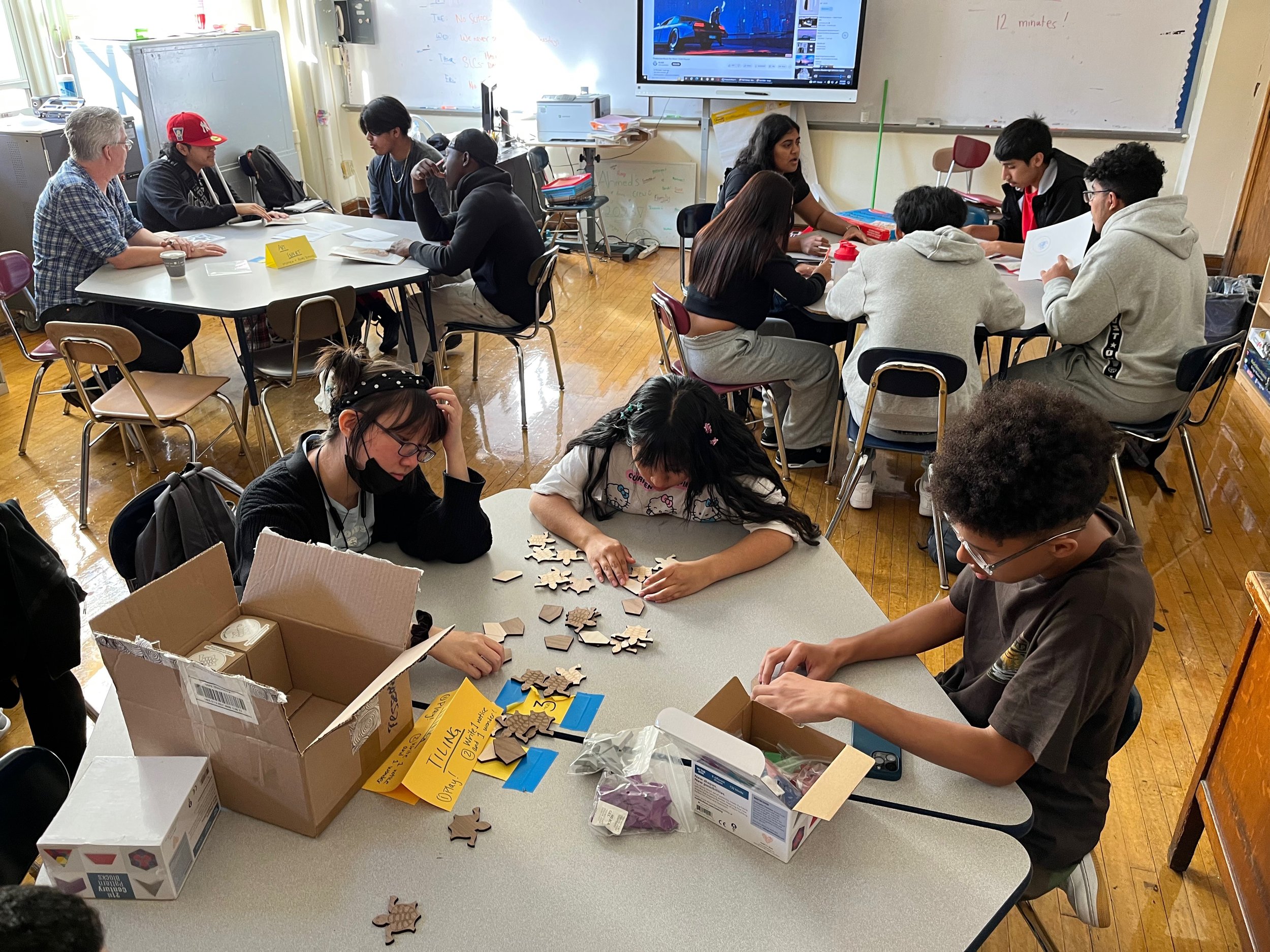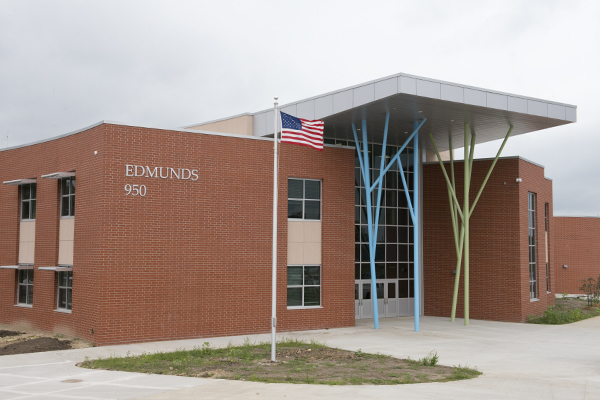The Role of Moms And Dads and Teachers in the Initiative to Save Temecula Schools
The Role of Moms And Dads and Teachers in the Initiative to Save Temecula Schools
Blog Article
How Schools Play a Vital Duty in Shaping Future Leaders and Trendsetters
By incorporating project-based discovering and interdisciplinary researches, academic organizations test students to assess and manufacture complicated info. Educators serve as mentors, directing pupils and supporting their possibility, while extracurricular tasks better establish management abilities and resilience.
Cultivating Critical Believing
In today's quickly advancing world, cultivating critical believing within academic organizations has actually ended up being vital. As culture faces significantly complex international obstacles, the ability to examine, examine, and manufacture information is vital. Colleges play a crucial function in creating these skills, preparing pupils to browse and deal with multifaceted problems with notified, reasoned decisions.
To cultivate essential thinking, teachers utilize various pedagogical techniques that encourage energetic understanding and intellectual involvement. Classroom discussions, problem-based discovering, and Socratic examining contribute in advertising reflective and logical idea procedures. By challenging trainees to interrogate assumptions and consider multiple perspectives, these methods make certain a much deeper understanding of subject issue past rote memorization.
Additionally, integrating crucial thinking across the educational program enhances its value and applicability in diverse contexts. Subjects such as mathematics, scientific research, history, and literature each offer special chances to establish pupils' essential faculties. As an example, examining historic events requires reviewing sources and understanding context, while scientific query demands rigorous hypothesis screening and evidence-based thinking.
Ultimately, instilling vital believing skills in pupils furnishes them with the cognitive tools required for long-lasting knowing and versatility. It is through this foundational skills that future leaders will be able to introduce, solve issues, and add meaningfully to society.
Urging Imagination
Welcoming creativity within instructional frameworks galvanizes trainees to assume beyond traditional borders and explore ingenious solutions. By integrating imaginative endeavors and creativity exercises into the educational program, colleges cultivate an atmosphere where originality and imaginative thought are valued. This method not only enhances the academic experience but likewise gears up students with the capability to tackle real-world obstacles in novel ways.
Educational institutions can promote creativity via varied means such as project-based knowing, interdisciplinary research studies, and the unification of arts and innovation. Project-based understanding, for instance, encourages students to apply their expertise in practical, frequently collaborative, projects that require innovative analytical abilities. Interdisciplinary studies enable pupils to attract connections in between various subjects, consequently broadening their point of views and boosting their imaginative capabilities.
Additionally, providing pupils with possibilities to involve with emerging innovations, such as coding and digital design, further supports their imaginative possibility. These tasks trigger trainees to experiment, fail, and iterate, which are essential components of the creative procedure (Save Temecula Schools). By keeping an encouraging atmosphere where testing is encouraged, institutions can guarantee that students establish the confidence to seek innovative concepts
Fundamentally, nurturing creativity in academic settings is crucial for shaping future leaders and pioneers efficient in addressing intricate global problems with resourcefulness.
Encouraging Cooperation

Implementing group-based learning components and participating projects permits trainees to experience the dynamics of team effort firsthand. This not just prepares them for the collaborative nature of modern offices yet additionally supports leadership high qualities as they often need to tackle functions such as project managers or group planners. Furthermore, partnership in the class can damage down social barriers and promote inclusivity, ensuring that each pupil really feels valued and heard.
In addition, incorporating modern technology can additionally sustain collective efforts. Devices like shared interactive systems and electronic workspaces enable pupils to work with each other effectively, also outside the classroom. As students create these joint abilities, they are much better geared up to take on complicated challenges and introduce, preparing for their future functions as innovators and leaders.
Duty of Educators as Mentors

Mentorship involves tailored interest, where educators identify and nurture private staminas and address weak points. Save Temecula Schools. Through individually communications, teachers can tailor their suggestions and assistance to meet each trainee's distinct needs, promoting a this content feeling of self-confidence and strength. This customized technique cultivates a growth mindset, motivating trainees to check out failings as opportunities for learning and growth
Moreover, educators work as good example, showing the values of willpower, empathy, and integrity. Their actions and read this perspectives supply a blueprint for trainees to replicate, instilling a sense of ethical responsibility and social understanding. By producing a supportive and inclusive classroom environment, teachers enable students to create social skills that are crucial for effective leadership.
Fundamentally, the mentorship given by educators lays a fundamental framework for the growth of future leaders, outfitting them with the understanding, skills, and worths required to stand out in an ever-evolving world.
Impact of Extracurricular Activities
When integrated efficiently into the educational structure, after-school activities dramatically boost trainee advancement and leadership possibility. These activities offer students with possibilities to check out interests beyond the standard educational program, promoting a well-rounded capability. Clubs, sporting activities teams, and arts programs cultivate vital top qualities such as synergy, time monitoring, and resilience. Participation in these activities frequently requires pupils to take on duties, therefore nurturing their management capacities.
Trainees involved in dispute, music, or dramatization clubs find out to believe seriously and technique problems from varied viewpoints. By collaborating with peers from various histories, trainees additionally establish empathy and communication abilities, vital characteristics for future leaders.
After-school activities also play an essential role in scholastic efficiency. Research indicates that pupils associated with such programs have a tendency to have greater grades and better participation records. These tasks supply a healthy electrical outlet for stress and anxiety, adding to overall well-being. Thus, institutions that prioritize a balanced technique to education and learning, incorporating robust extracurricular programs, are more probable to create pioneers and leaders geared up to meet the obstacles of the future.

Final Thought
To conclude, schools substantially shape future leaders and innovators by nurturing important thinking, creative thinking, and collaboration among students. Engaging pedagogical techniques such as project-based understanding and interdisciplinary studies play an important duty in this advancement. Educators, serving as mentors, provide vital advice and support, while extracurricular activities further enhance leadership prospective and resilience. By fostering a helpful atmosphere that values individual staminas and team effort, institutions equip trainees with the needed abilities to navigate future obstacles and drive development.
As students develop these collective abilities, they are much better furnished to take on complicated challenges and innovate, laying news the foundation for their future functions as leaders and innovators.
By fostering crucial reasoning and problem-solving abilities, educators assist pupils navigate complex difficulties, preparing them for management functions in various fields.
By working together with peers from various histories, students additionally establish compassion and interaction abilities, essential qualities for future leaders.
In final thought, schools significantly shape future leaders and innovators by supporting crucial reasoning, imagination, and cooperation among students. By fostering an encouraging atmosphere that values specific staminas and team effort, institutions furnish students with the required abilities to browse future challenges and drive technology.
Report this page